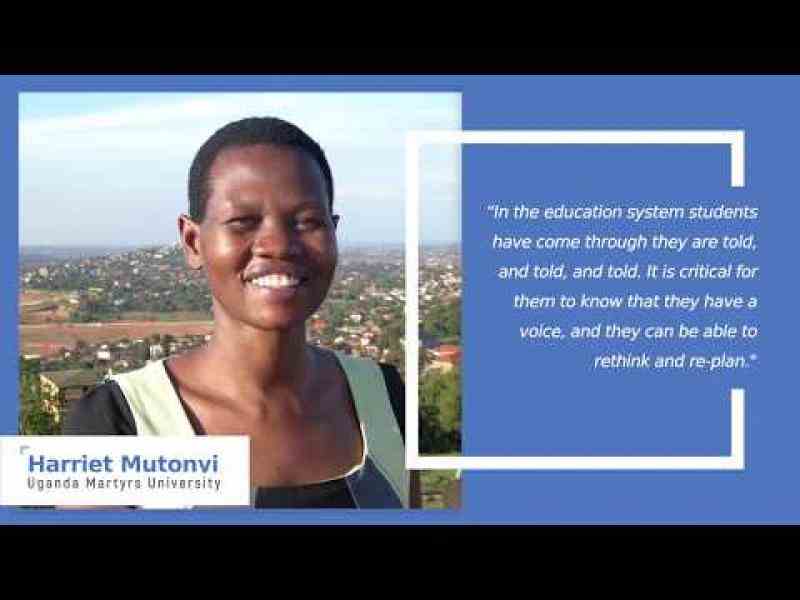Ashoka Youth Years
Young people everywhere present an opportunity for growth and a positive impact on their communities. East Africa, as is the world, is no exception, with the youth bulge estimated to triple in years to come. For Ashoka and its youth years partners, this demographic bonus presents an opportunity to redefine youth years as a time of initiative and positive change. By working with educators, schools, parents, and companies we are creating an environment where young people can lead and practice the four core ‘changemaker skills’: Empathy, Collaborative Leadership, Fluid Team of Teams Culture, and Changemaking.


